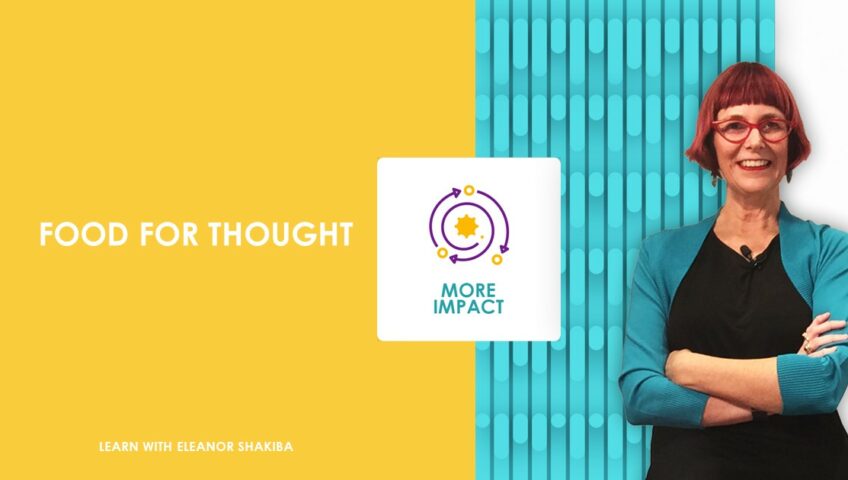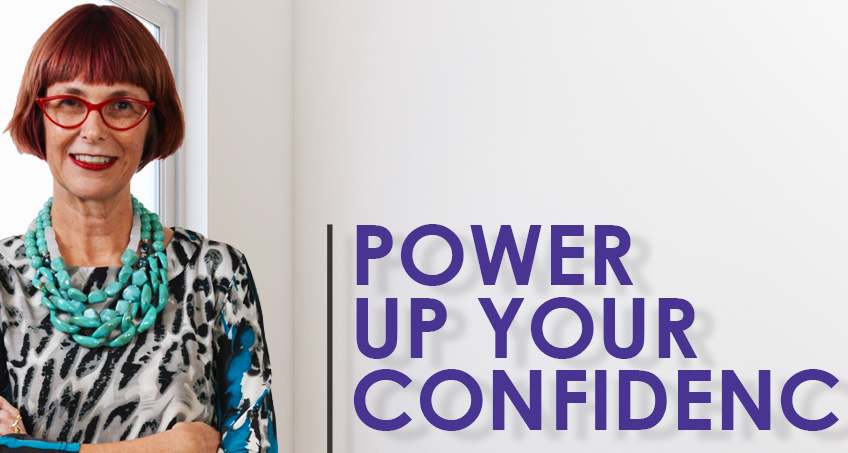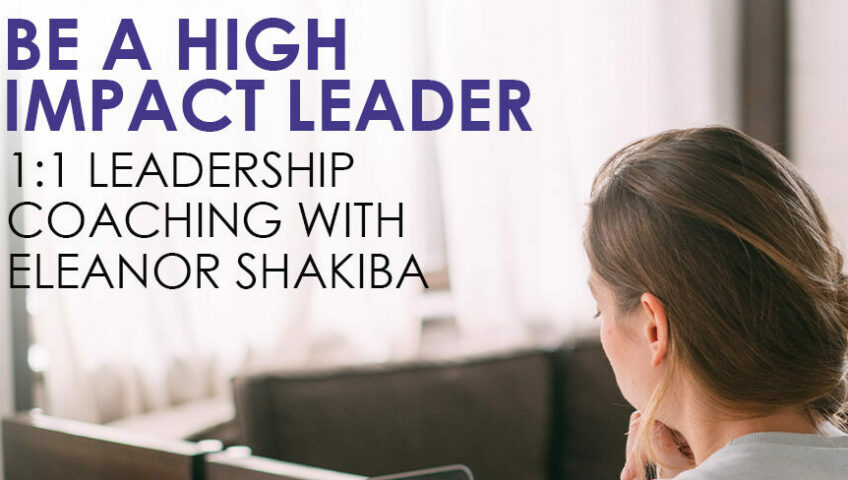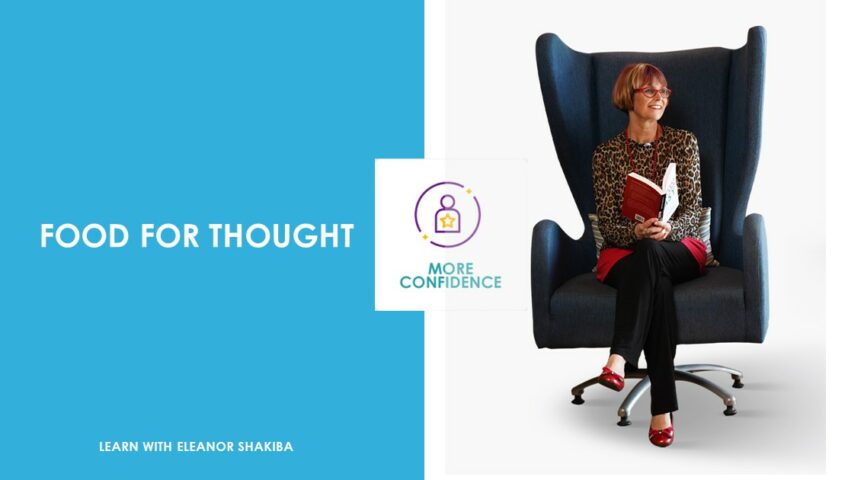Can you really improve your focus at work? Recent research gives some interesting insights into how you can do this. Are you constantly switching between tasks and finding it difficult to stay on track? If so, you’re not alone. In a recent article published by the BBC, here some tips for improving focus and productivity in the workplace.
The first tip is to break up your workday into smaller chunks. Instead of trying to work for eight hours straight, break it up into four two-hour sessions with a break in between. This will help keep your mind fresh and focused.
The second tip is to establish specific times for checking email and social media. Checking these things constantly can be extremely distracting, so try to limit yourself to just twice a day.
The third tip is to take a break every hour. Get up and move around, go for a walk or drink some water. This will help refresh your mind and make you more productive when you return to your work. The fourth tip is to create a distraction-free workspace. This means turning off all distractions (cell phone, TV, etc.) and focusing on one task at a time. The fifth and final tip is to set goals for yourself. Instead of just working on whatever comes your way, try setting specific goals for each day and week. This will help keep you focused and motivated.
These five tips are simple but effective ways to help improve your focus at work. If you’re having trouble staying productive, give them a try! They may just be what you need to get the job done.
Free e-book and video tips.Get your copy today!
|
|
Taking regular breaks throughout the day gives your brain a chance to refresh and recharge, which can help improve focus and productivity in the long run. Try setting goals for yourself and tracking your progress over time. This helps you stay accountable and motivated and prevents you from becoming overwhelmed.
It is important that we foster a productive work environment for our employees. By following the simple steps, we can create an environment that is conducive to focus and productivity. And who knows? Maybe we’ll even be able to improve our own productivity in the process!
Find out more in the original article here: https://www.bbc.com/worklife/article/20170925-the-surprising-tricks-to-help-you-focus-at-work
This article summary was created by Eleanor Shakiba
Eleanor is a leadership trainer, success coach and people skills expert. She helps managers and business owners build thriving teams and organisations, using tools from Positive Psychology. She's trained more than 60,000 people during her career as a corporate trainer and professional development consultant. Her mission is inspiring talented people to become leaders who make a difference.







